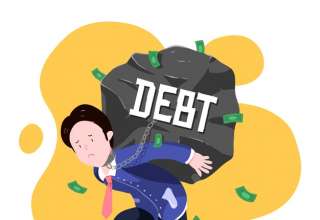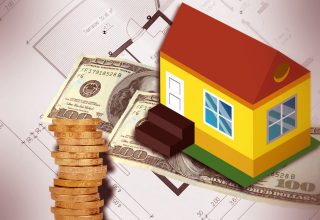When paying debts, you need to make a plan and address the most pressing debts first. When doing so, be mindful of how debt affects your credit score which, in turn, impacts your ability to rent an apartment, negotiate interest rates, and secure loans.
Make a Debt Repayment Plan
You need to develop a payment plan which determines how much you will pay monthly over a period of time. Small debts can be paid in a few months versus larger ones which will take longer to fully pay off.
The best way to address the situation is to build a “debt snowball calculator” where you take care of smaller debts first. Since a payday loan is designed to be a short-term loan with a high interest rate, you want to address this type of loan first. Quickly take care of past due utility and medical bills since they can adversely affect your credit score.
Focus on paying off credit cards. When dealing with credit card bills, you must stop using them to reduce the debt, especially if you owe a great deal of money. See if anything can be done to lower interest rates.
Paying a smaller debt is more emotionally rewarding, and you can apply the extra money toward the bigger debt.
Seek Help
To address smaller bills, find out whether you’re eligible for debt settlement that allows you to pay a fraction of your debt in one lump sum so that you can improve your credit score. However, you must have the funds to do so.
Reaching out to a debt settlement company is often more effective at securing a better deal from your creditors. For help with tax debt issues, seek professionals for assistance.
Another effective strategy is to ask for advice on constructing a Debt Management Plan (DMP). A DMP reduces your late fees and interest rates, and it allows you to make reasonable monthly payments to an account which will reduce your debt. A credit counselor then pays debts from the account.
In a debt settlement matter, you can pick which bills are ultimately settled in contrast to a DMP which involves making regular payments.
Address Major Loans
Student loans and mortgages give you a tax break. These items would be last for repayment in a debt snowball. Student loans should be consolidated to ease their payment burden.
If you have issues understanding tax nuances of student loans and mortgages, it is best to seek advice from a professional who can save you money.
Since paying off a student loan can take some time, consider paying any loans you have taken from friends or family before you tackle this task. While they do not affect your credit score, leaving these debts unpaid for a length of time isn’t a good debt repayment strategy.
Mortgage payments should be paid last. By their nature, mortgage loans are designed to be paid off over time and do not affect your credit score in the way that other loans do.
Once you have a plan in place for managing your debts, starting paying off the smaller ones and move onto the larger debts to make your debt repayment efforts more manageable.














